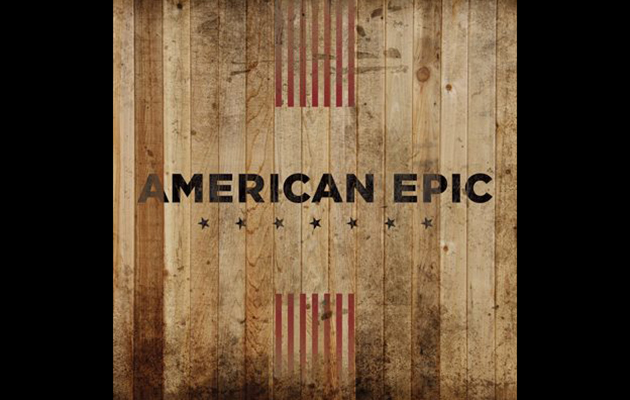Jack White and T Bone Burnett have announced details of their new American Epic project.
According to a report on White’s Third Man website, “American Epic takes us on a journey across time to the birth of modern music, when the musical strands of a diverse nation first combined, sparking a cultural renaissance that forever transformed the future of music and the world. The three-part historical documentary follows the trail of record company talent scouts from the late 1920s as they toured America with a recording machine to capture the raw expression of an emerging culture whose recordings would lead to the development of the Blues, Country, Gospel, Hawaiian, Cajun, and Folk music.”
American Epic will comprise a three-part historical documentary and The American Epic Sessions feature length recording studio film, which will air this Autumn on PBS in America and in the UK on BBC Arena.
The project is co-produced by Robert Redford.
A longread from the Uncut archives: Jack White, interviewed in depth…
Additionally, American Epic will include companion music releases of archival recordings featuring groundbreaking audio restoration of original 1920s and 1930s recordings, The American Epic Sessions contemporary performance recordings, and a deluxe vinyl box set.
Speaking previously to Uncut, T Bone Burnett said, “It’s the story of the American recording industry from 1926 to 1936, this incredible occurrence. In 1926 the record industry fell off 80 per cent in one year because of the proliferation of radio in the big cities. The middle-class people and the wealthy people who were able to buy radios no longer wanted to buy records, because they could get music for free – why buy a record? So the recording companies, having equipment and nothing to do, decided to go down south, where people didn’t have electricity, and therefore didn’t have radios. So they started recording people down south – they started recording the poorest people in the country and broadcasting their voices all around the world.”



